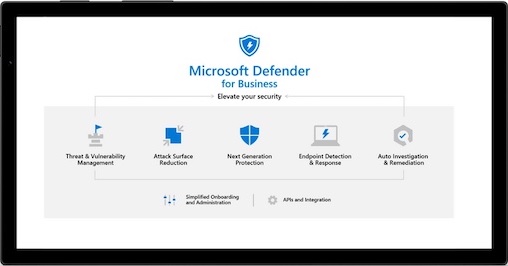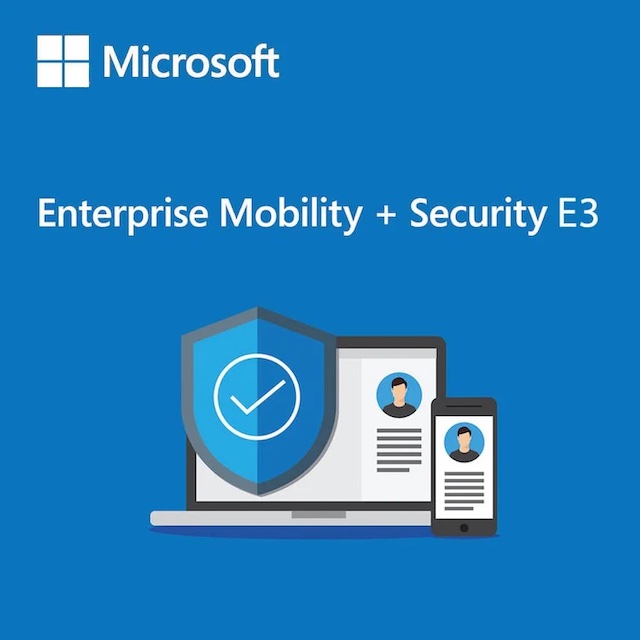How Travellers Access Security Service
Traveling can expose personal data to greater risks. Cyber threats are more prevalent when using public networks in airports or hotels. To mitigate these risks, accessing cyber security services is a wise decision. Cyber security services help protect personal information from theft or malware attacks while on the go. Knowing how to access these services ensures that travellers stay secure during their journeys.
Understanding the need for cyber security service
Cyber threats, including hacking and data breaches, target individuals and businesses alike. Travelers often use Wi-Fi networks in airports, cafes, and hotels, making them vulnerable to cyber-attacks. Cyber security service protects devices from these threats, offering encryption and other protective measures. Without these services, travellers may unknowingly expose themselves to significant risks while accessing online services.
Using VPN services for secure Internet connections
The most accessible way for travellers to ensure cyber security is by using a virtual private network. A VPN encrypts internet connections, protecting personal data from being intercepted by hackers. Most VPN services are easy to install on smartphones, tablets, or laptops. By using a VPN, travelers can access public networks without worrying about data theft. VPNs are essential tools for anyone concerned with maintaining their privacy while traveling.
Installing anti-virus software for protection
Anti-virus software plays a significant role in cyber security. It helps detect and remove malicious software such as malware and viruses. Travelers should install reliable anti-virus software on their devices to prevent attacks while on the road. Many modern anti-virus programs offer real-time scanning and automatic updates, ensuring continuous protection. By keeping the software up to date, travellers ensure that their devices are protected from new and emerging threats.
Authentication
Authentication enhances the security of online accounts. It requires users to provide two forms of identification to access an account. This additional layer of security makes it much harder for cybercriminals to gain unauthorized access. Travelers should enable 2FA on their email, banking, and social media accounts before embarking on their trips. Cyber security services often offer support for setting up 2FA across multiple platforms, making it a straightforward and effective security measure.
Using encrypted communication tools
When traveling, communicating over the internet can expose sensitive information. Encrypted communication tools protect conversations and messages from being intercepted by unauthorized third parties. Services like encrypted email and messaging apps ensure that your communications remain private. Travelers should rely on these secure communication methods instead of using unencrypted alternatives, especially when handling confidential data.
Securing devices with strong passwords
Travelers should set strong, unique passwords for all their devices and online accounts. Weak passwords make it easier for cybercriminals to gain access to personal information. By using a combination of letters, numbers, and symbols, travelers can create stronger defenses. Password managers can also help store and generate secure passwords, reducing the likelihood of password-related vulnerabilities. Cyber security services often recommend these practices as a first line of defense against unauthorised access.
Ensuring safe payment methods
Cyber criminals often target travelers’ financial information, especially when making purchases online. It’s crucial to use secure payment methods to prevent data theft. Credit cards that offer enhanced security features, such as tokenization, are excellent options for online transactions. Travelers should also use digital wallets, which provide additional layers of security when making payments. Ensuring that these payment methods are secure minimises the risk of falling victim to fraud.
Accessing support for data breach incidents
In the unfortunate event of a data breach, travelers must act quickly. Cyber security services can help identify and mitigate the effects of a breach. Travelers can contact customer support teams from their cyber security providers for guidance on securing compromised accounts. Many services offer real-time alerts and immediate response teams, allowing travelers to take swift action to protect their data. Having a reliable support system in place ensures that travellers are not left vulnerable after a security incident.
Using secure Wi-Fi networks
Accessing the internet over an unsecured Wi-Fi network is one of the biggest risks while traveling. Cyber criminals often use these networks to intercept data from unsuspecting users. Travelers should avoid connecting to open networks and use encrypted networks whenever possible. Some cyber security services offer tools to help detect unsecured networks and advise on connecting safely. Using only secure Wi-Fi networks ensures that personal information stays protected while traveling.
Staying informed about cyber security threats
The best way to avoid cyber security issues while traveling is to stay informed about the latest threats. Travelers should be aware of phishing scams, malware, and other cyber attacks that may target them. Cyber security services often provide educational resources, such as blogs, newsletters, and alerts, to keep users updated. By understanding the risks, travellers can better protect themselves and take appropriate actions to safeguard their devices and data.
Accessing comprehensive cyber security services
When traveling, having access to comprehensive cyber security services can make all the difference. Many security providers offer packages that include a combination of VPNs, anti-virus software, and identity theft protection. These services provide a complete solution to prevent digital threats while on the go. Travelers can sign up for these services before their trip to ensure continuous protection. A well-rounded cyber security plan helps travellers avoid complications and keeps their personal information secure.
Secure travel experience starts with cyber security
Ensuring your digital safety while traveling is just as important as securing physical belongings. Cyber security services provide the tools and resources needed to protect devices and sensitive information. With services like VPNs, two-factor authentication, and encrypted communication, travelers can safeguard their privacy. By staying vigilant and using the right tools, travelers can avoid data breaches and enjoy a secure travel experience. Cyber security is a crucial aspect of modern travel, and access to these services ensures peace of mind while exploring the world.





